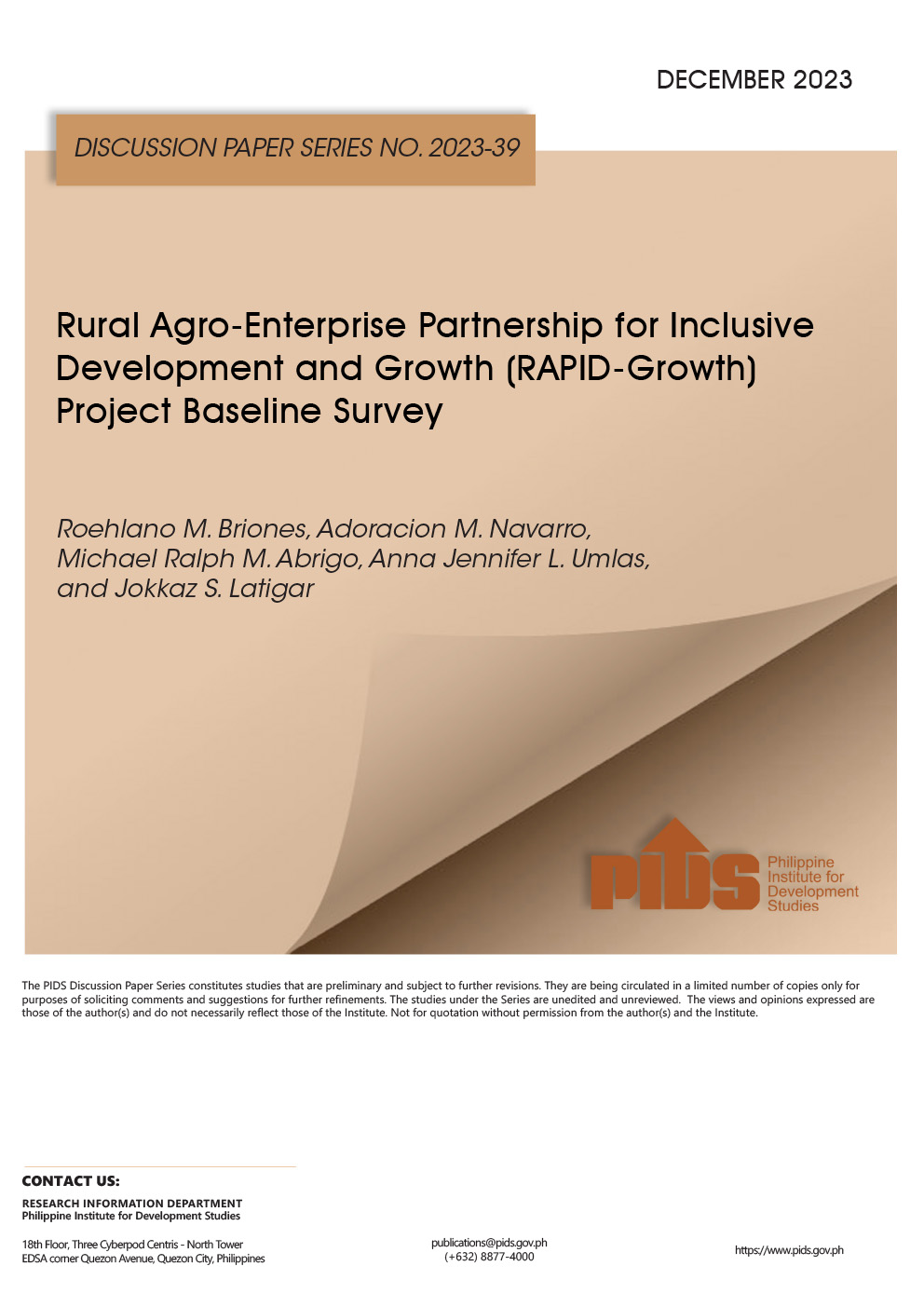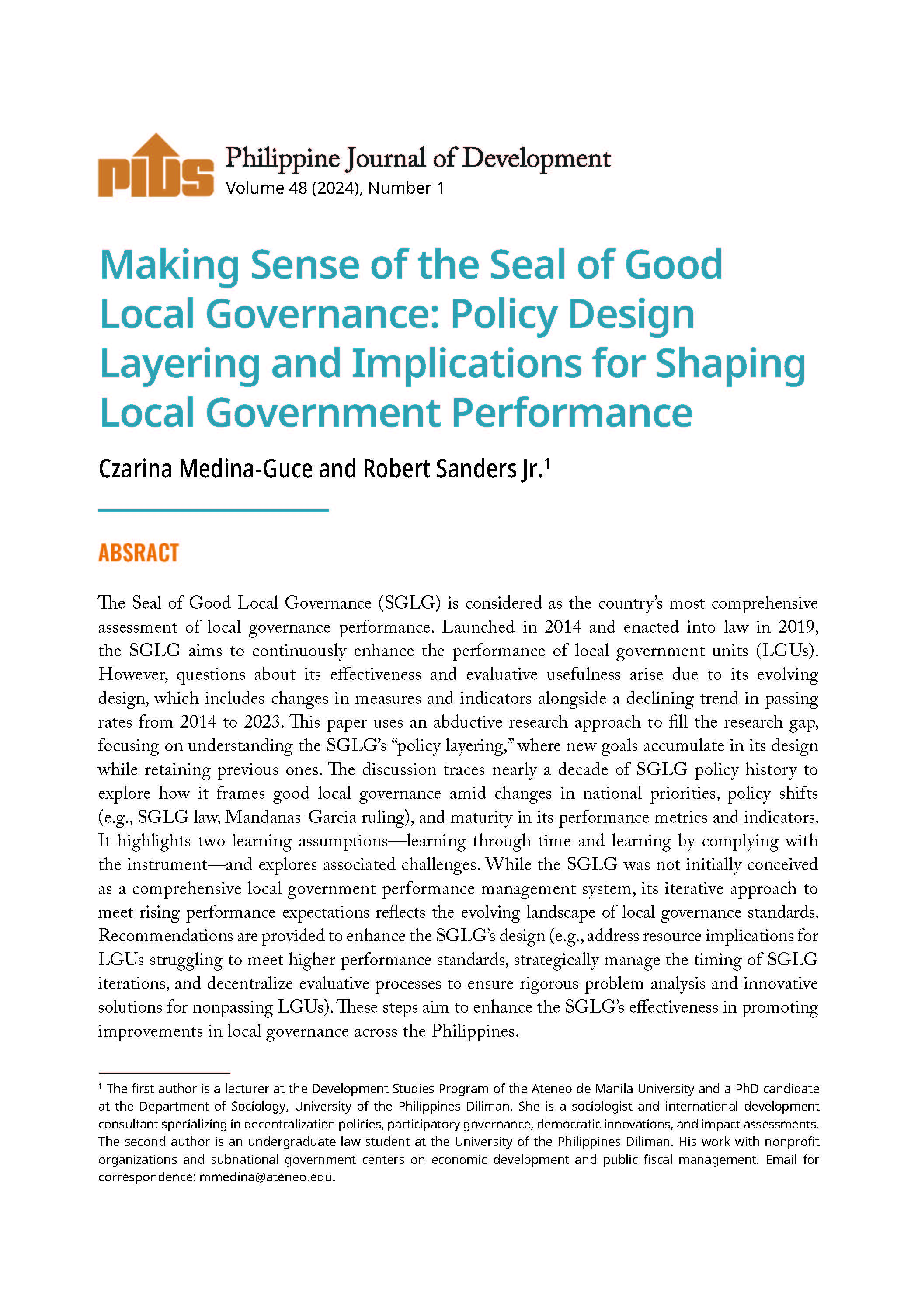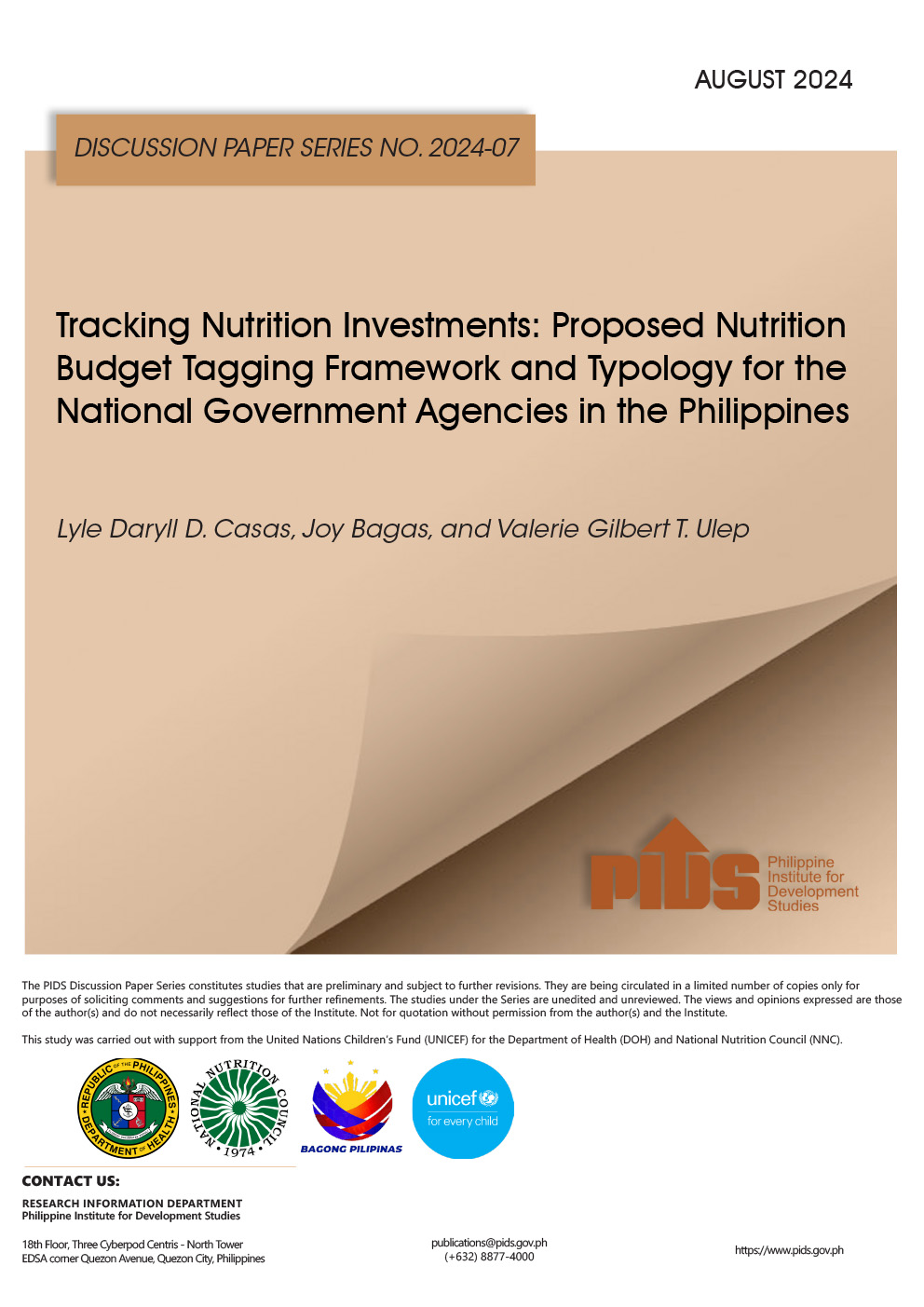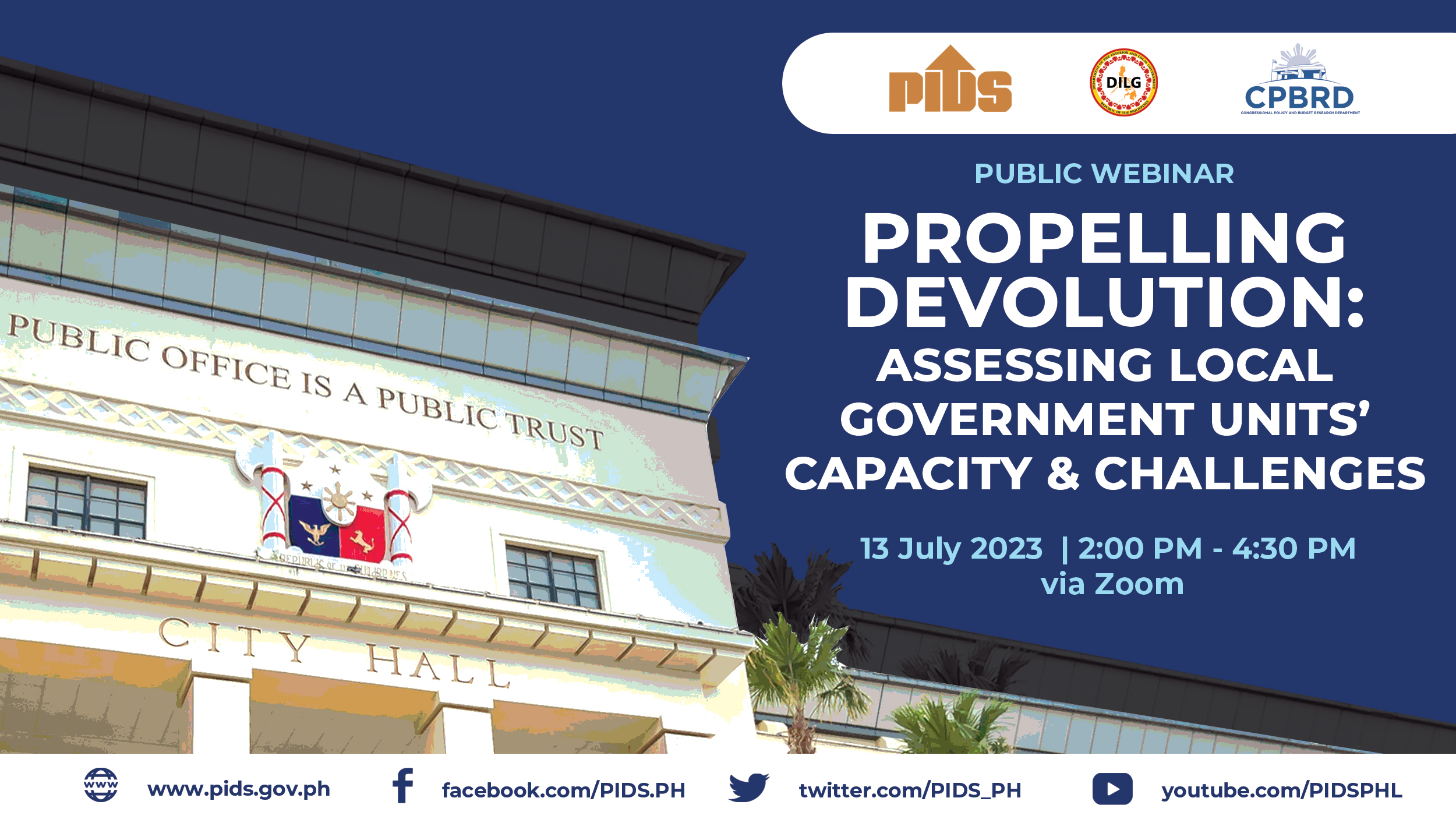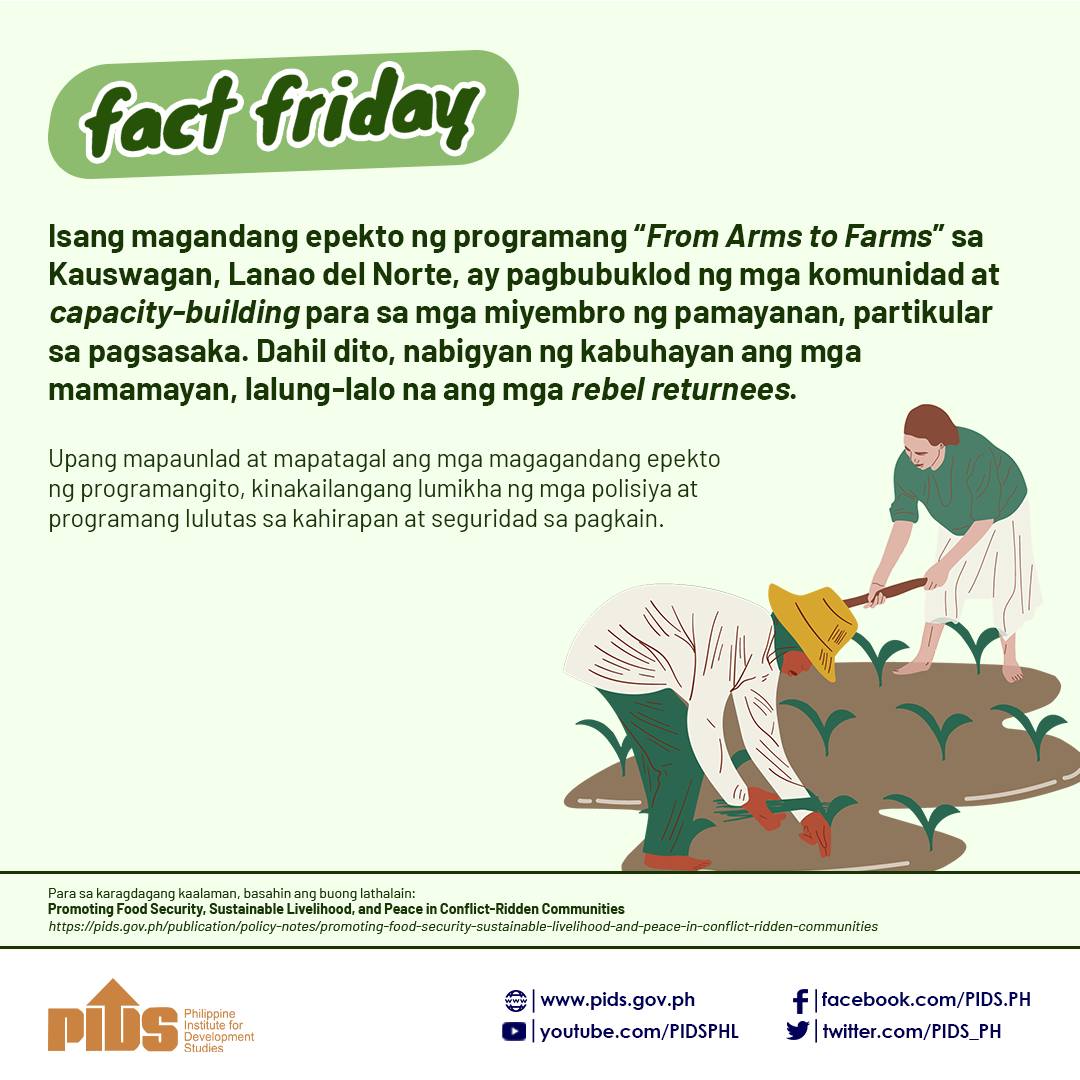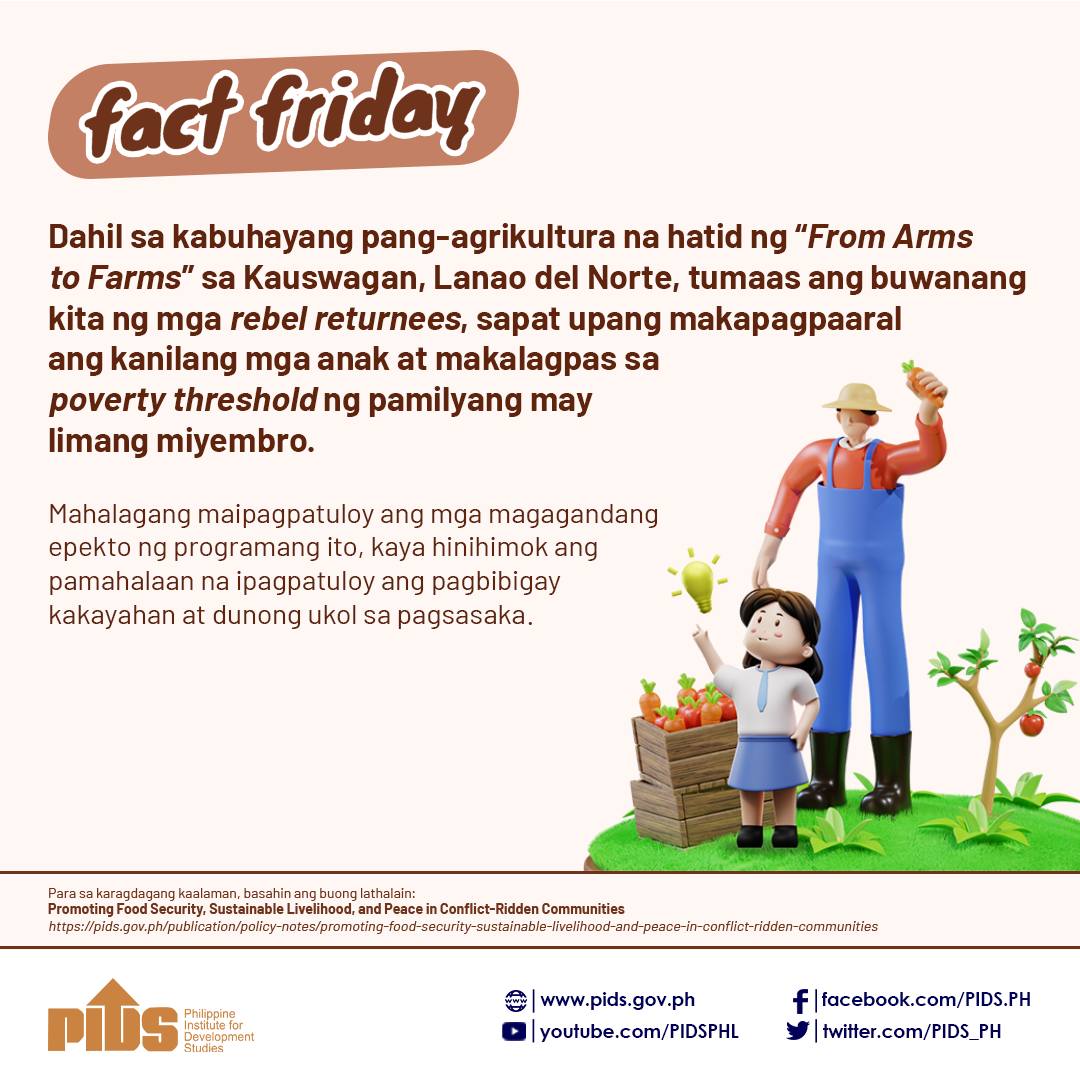Lawmakers appealed to the national government to provide loans and other forms of assistance to farmers devastated by Typhoon Lando (international code name Koppu).
Sen. Juan Edgardo M. Angara said there’s an "urgent” need to help farmers who are now caught in a "debt trap” following the onslaught of Lando in their areas. Angara said farmers must also be protected from informal lenders.
Lando, dubbed the most destructive typhoon to hit the country this year, caused damage to agriculture and infrastructure amounting to P9.8 billion, with damage to agricultural crops and livestock reaching P8.6 billion, according to the National Disaster Risk Reduction and Management Council.
Small farmers in badly affected rice-growing regions were reportedly left with little choice but to resort to loan sharks to recover and try to finance another rice crop but with exorbitant interest rates of up to 25 percent per month, or in some cases, up to 20 percent per day, Angara added.
He said the lack of access to formal credit facilities and excessive interest rates charged by predatory lenders are some of the lingering problems in the agricultural sector.
A study conducted by the Philippine Institute for Development Studies showed that despite the proliferation of government-directed credit programs and the significant amount of government funds spent for these programs, the poor farmers or the supposed target beneficiaries still do not have access to credit and are still dependent to informal lenders.
"Small farmers who get caught in debt trap take on more and more debt at high interest rates just to minimize the losses suffered from the devastating effects of natural calamities like Typhoon Lando,” Angara said.
Sen. Francis Escudero, for his part, urged the government to immediately provide assistance to farmers and fishermen affected by the typhoon.
The Department of Agriculture (DA) said four regions that were badly hit by the typhoon have
incurred a production loss of 389,000 metric tons (MT) of paddy rice. Central Luzon, the country’s rice granary, suffered the biggest production loss for rice at 326,000 MT.
"The devastation not only threatens the livelihood of farmers, but also food security,” Escudero said.
Meanwhile, the DA said it has given the provincial local governments of Benguet and Mountain Province a total of P18 million in assistance. The two provinces were badly hit by the typhoon.
Agriculture Secretary Proceso J. Alcala said the DA is extending its assistance to the typhoon-stricken provinces in the Cordillera Administrative Region (CAR) to help the farmers cope and recover from production losses brought by the typhoon.
"These assistance–consisting of certified rice seeds, various vegetable seeds and livestock animals, among others–will help [the affected farmers] restart their agricultural ventures and improve on their production,” Alcala said in a statement.
Alcala added that the DA regional office in CAR will soon start assessing damages and other requirements of the agriculture sector in the highlands as part of the nationwide campaign of the government for rural development.
The secretary also recently visited the P656-million Benguet Agri-Pinoy Trading Center (BAPTC), which is nearing its completion.
According to Alcala, the trading center is the biggest and most modern facility of its kind. The project is implemented as a partnership among the DA, the Benguet State University and the provincial government of Benguet.
The DA said the market will serve as an alternative outlet for vegetable farmers who can now directly sell their produce at fair and rationalized prices, ensuring reasonable returns to all farmer-producers.
Once fully operational, the BAPTC is set to provide a market venue for farmers to directly sell their products to traders while eliminating the layer of middlemen resulting to higher gains for the food producers themselves, the DA said.//
Lawmakers urge government to help typhoon-affected farmers

